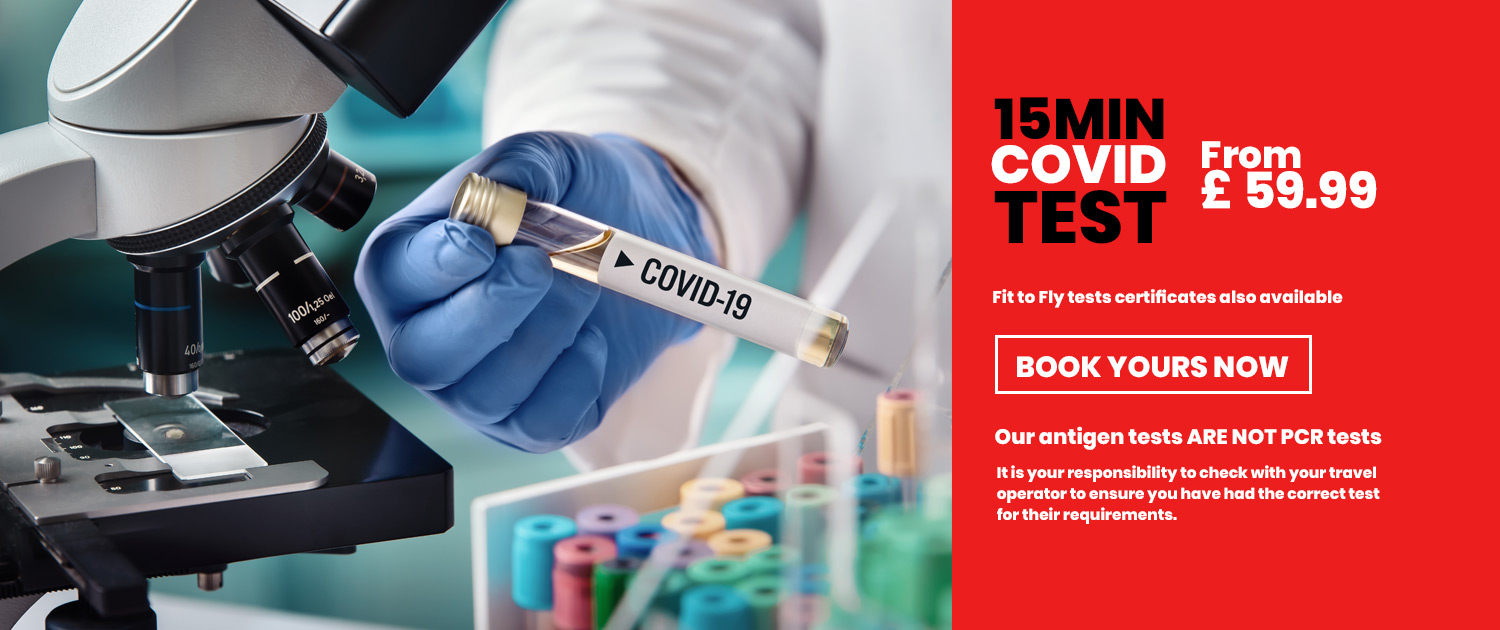What is coronavirus?
Coronaviruses are a large family of viruses which may cause illness in animals or humans. In humans, several coronaviruses are known to cause respiratory infections ranging from the common cold to more severe diseases such as Middle East Respiratory Syndrome (MERS) and Severe Acute Respiratory Syndrome (SARS). The most recently discovered coronavirus causes coronavirus disease COVID-19.
What is COVID-19 (coronavirus)?
COVID-19 is the infectious disease caused by the most recently discovered coronavirus. This new virus and disease were unknown before the outbreak began in Wuhan, China, in December 2019.
What are the symptoms of COVID-19?
The most common symptoms of COVID-19 are recent onset of:
a high temperature – this means you feel hot to touch on your chest or back (you do not need to measure your temperature); OR
a new, continuous cough – this means coughing a lot for more than an hour, or 3 or more coughing episodes in 24 hours (if you usually have a cough, it may be worse than usual); OR
a loss of or change in sense of smell or taste
What is the Antigen Swab Test for?
The antigen swab test gives you a very reliable indicator of whether you have or have not currently got the virus. A positive result has a very high chance of confirming if you are carrying covid-19 virus in sufficient quantities (viral load) to make you infectious. There is of course a margin for error in any test, but the margin is small.
What is the Antibody blood test for?
The antibody blood test gives you a very reliable indicator of whether you have been exposed to the virus by detecting certain antibodies in your blood. Please note; it is not yet fully known if an individual with a positive result showing presence of IgG levels following being infected with COVID-19 will be protected, either fully or partially from future infection, or for how long the protective immunity may last.
Is there any treatment for COVID-19?
There is currently no specific treatment for COVID-19. Antibiotics do not help as they do not work against viruses. You can ease the symptoms at home until you recover by:
getting plenty of rest;
drinking water to keep yourself hydrated – you should drink enough to ensure your urine (pee) is a pale, clear colour;
use over-the-counter medications such as paracetamol to help with some of your symptoms. Make sure you follow manufacturer’s instructions and do not exceed the recommended dose.
How can I help stop the spread of COVID-19?
You can help stop the spread by:
washing your hands frequently and thoroughly for 20 seconds throughout the day;
covering your coughs and sneezes with disposable tissues or into the crook of your elbow if you do not have tissues. Dispose of tissues in a rubbish bin and immediately wash your hands;
practising social distancing ensuring you keep 2metres (6feet) away from others at all times;
wear a face covering when appropriate
Should I wear a face covering?
You should use face coverings in particular circumstances - short periods in enclosed spaces where social distancing is not possible.
Is there a vaccine for COVID-19?
Currently there is no vaccine to prevent or treat COVID-19. Those affected should receive care to relieve symptoms. People with serious illness should be hospitalised. Most patients recover thanks to supportive care.
Possible vaccines and some specific drug treatments are under investigation and are being tested through clinical trials. WHO is coordinating efforts to develop vaccines and medicines to prevent and treat COVID-19.
How long does the virus survive on surfaces?
The most important thing to know about coronavirus on surfaces is that they can easily be cleaned with common household disinfectants that will kill the virus. Studies have shown that the COVID-19 virus can survive for up to 72 hours on plastic and stainless steel, less than 4 hours on copper and less than 24 hours on cardboard.
As always clean your hands by washing with soap and water or with an alcohol-based hand rub and avoid touching your face.
Should I buy a home test kit or have the test done by a trained person?
Always have these tests done by a trained person. Especially the rapid antigen swab test as it would be difficult to perform then necessary action on yourself leading to potentially unsafe results. All of our tests are performed by a trained person to ensure the accuracy of results.
Can I catch COVID-19 from my pet?
There is an issue around the capacity for pets to carry the virus on their fur or skin, as with any other surface. The World Health Organization (WHO) states you should wash your hands with soap and water after contact with pets. Therefore to keep you and your pet safe minimise potential exposure to the virus by washing your hands after handling pets and isolating pets if someone in your household shows symptoms of COVID-19.
Should I do my grocery shopping differently during COVID-19?
Before you go shopping wash your hands for 20 seconds and if sanitiser is available wipe handles on the trolley or basket before and after use. Try to avoid touching your face and remember to stay 6 feet (2m) apart from the next person. If possible use a contactless method of payment.
Once home, wash your hands well and after handling and storing your purchased goods. You should also wash fruit and vegetables before eating as usual but there is no evidence to suggest you need to do this with the rest of your groceries.
How do I stay safe while being physically active during COVID-19?
It is important to keep active during this time. When you go outdoors for physical activity ensure you stay two metres (6 feet) apart from people who are not part of your household at all times.
This advice excludes those who are in high clinical risk groups, or in houses where someone has symptoms of coronavirus (COVID-19).
For more information on how you can become one of our franchised COVID-19 secure testing facilities, please contact us on [email protected] or call us on 07791083381 today.




